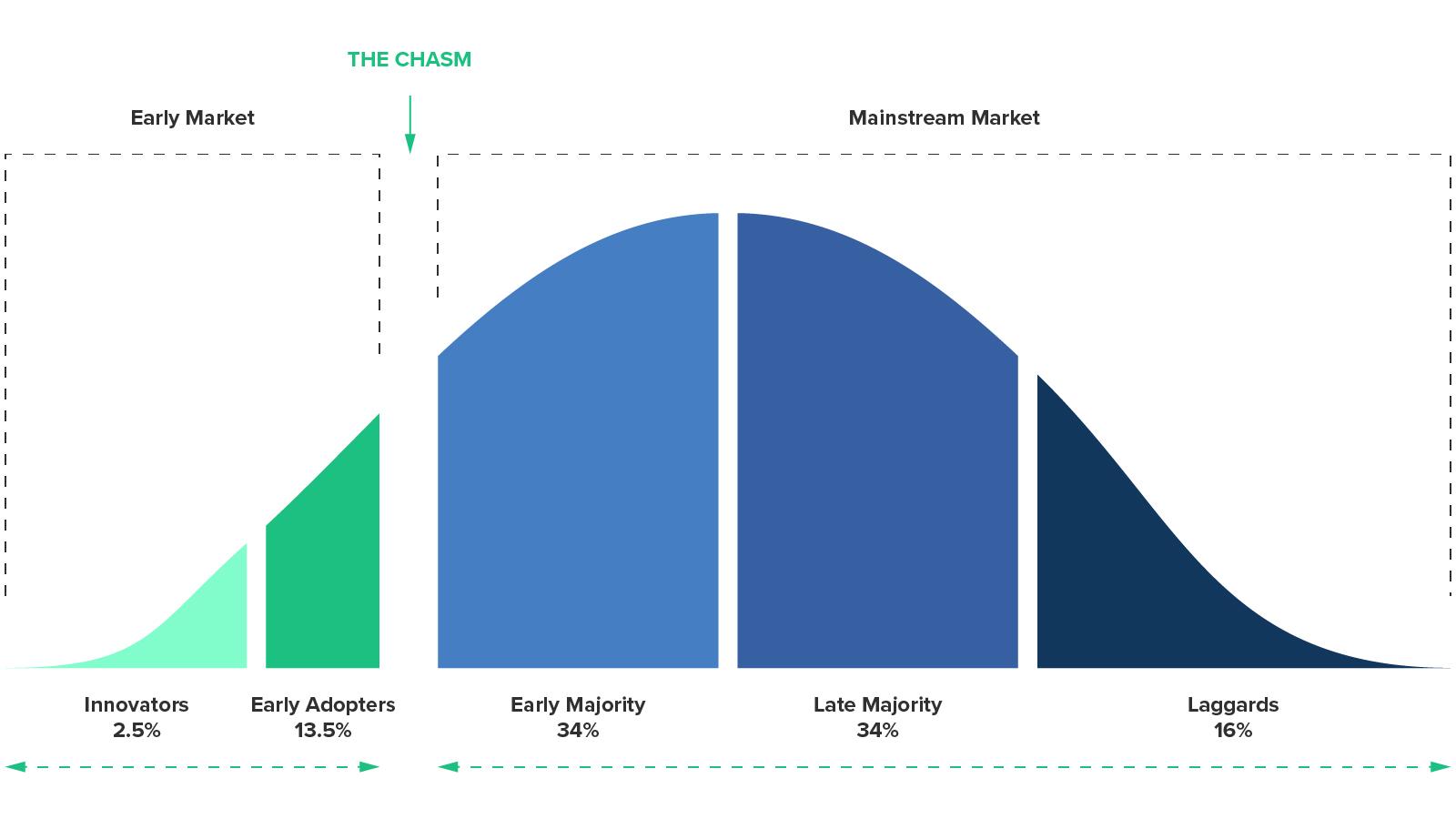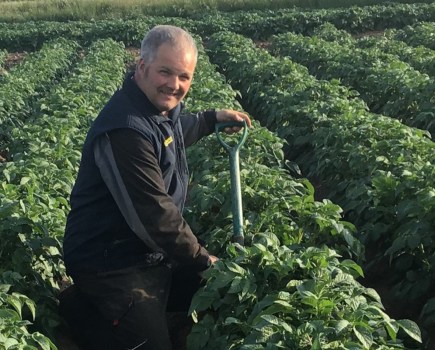Every once in a while a real game-changer comes along. A person who thinks differently, challenges the status quo and finds a better answer. One of the great scientists and thinkers in our lifetime has been Prof Stephen Hawking and he once said, ‘the greatest enemy of knowledge is not ignorance, it is the illusion of knowledge.’
 That’s a statement that stands true for everything, not just the quantum world of physics. Challenging the way we look at fertilising crops is where scientists like David Marks bring the potential for change, in the same way as Stephen Hawking’s insight into the secrets of the Universe.
That’s a statement that stands true for everything, not just the quantum world of physics. Challenging the way we look at fertilising crops is where scientists like David Marks bring the potential for change, in the same way as Stephen Hawking’s insight into the secrets of the Universe.
The demands of the agricultural revolution adopted bulk materials and processes that were available at the time and we’ve just kept on using them. The adoption of these nutrient sources didn’t have any consideration for the physiology and biochemistry of plants.
Let’s amble back into history and look at the roots of commercial fertilisers. The first known mineral fertilizer was sodium nitrate (16% N), also known as Chilean nitrate. Although its deposits were found in several countries, the source of real commercial significance was found in north Chile, where it was first mined in the early 19th century and imported into Europe and America around 1830.
Ammonium nitrate came much later, after the commercial synthesis of ammonia became possible in 1913. It was made good use of for its explosive properties in World War 1 and wasn’t used as a fertilizer in Europe until the war surplus material was released for other uses.
The story is similar for the other major nutrients, phosphate (from rock phosphate) and potassium (from muriate of potash), where the raw materials are still mined from non-renewable resources.
Then along comes a biologist without a background in Agriculture. He asks why the industry is using fertiliser in a form the plant can’t capture efficiently. You have to wonder why nobody thought to ask before!

Are UK growers becoming late adopters when it comes to advances in nutritional products?
The chances are that you may not have heard of David Marks, but he’s actually a British success story. He’s a world authority in the development of bioactive compounds from plants which he uses to develop sustainable agriculture inputs. In 2005 David won the prestigious ‘Young Biotechnologist of the Year Award’ presented by New Scientist magazine in recognition of his work in these fields. In 2007 he was shortlisted for the ‘Best R&D Pipeline Award’ at the Agrow Industry awards, alongside Dupont and Bayer. David’s research is also widely published.
He’s the inventor of over 30 granted patents (and counting), with products and technologies adopted by agricultural businesses including Arysta, Certis, Omex, FMC and Bayer. And it’s the applied nature of his science that is so precious to British agriculture – he’s not just looking at a problem, he’s inventing an answer.
Yet when it comes to making use of some of these products, the UK is seriously lagging behind other leading agricultural producers in the world. There’s evidence that innovative plant nutrition products, that challenge the traditional route to nutrient uptake, are getting far more traction with farmers in the US, France, Netherlands and Ireland. So the question we absolutely need to ask ourselves is why is the UK lagging behind?
Are we just sceptics? There has been a long tradition of dubious wonder products, which all promise yield increases yet deliver very little. But if we remain sceptical, then the UK is in danger of missing out on proper science that could provide the marginal gains that have become so important in making the difference between profit and loss.
There’s a real possibility UK agriculture could inadvertently forgo home-grown technologies that are better for the environment because they enable plants to use nutrients more efficiently. And there’s no doubting that resource capture is going to become more and more of an issue. Brains like David’s may solve the phosphate conundrum, for example, because carrying on applying a fertiliser (TSP) where only 4% is captured by the plant in year one is surely not a sustainable practice.
I think the reality is that British growers would be proud to support British science, but for some reason they just don’t know about it.




